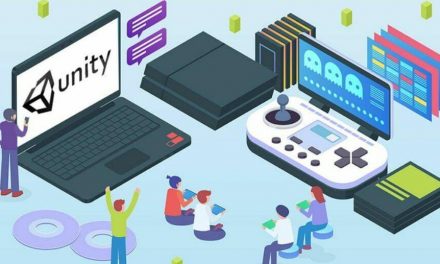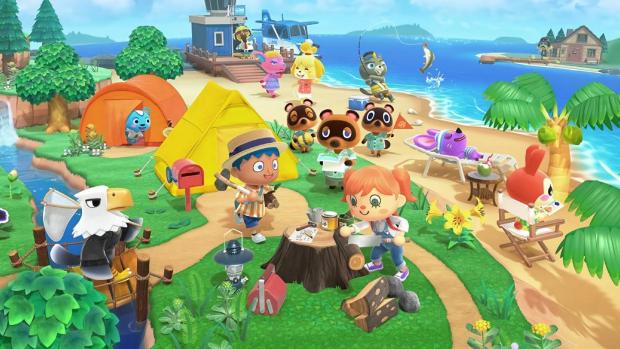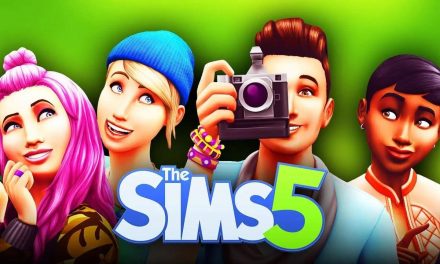Designed by freepik.com
Not all people are gamers. Still, it’s hard to deny that video games have become a significant part of our everyday lives. Once perceived primarily as a form of escapism, research now shows that video games can have a more profound impact—particularly on personal development. From sharpening problem-solving skills to boosting creativity and imagination, there’s more to gaming than first meets the eye. The main purpose of this article, therefore, is to explore how video games can be an effective tool for growth, learning, and skill development, especially for young adults.
Building Problem-Solving Skills Through Gaming
One of the most notable benefits of video games is how they help improve problem solving skills. Many modern games are designed with complex challenges that require players to think critically, assess situations, and devise strategies. They can be built around intricate mazes, solving puzzles, or formulating strategies to win in a battle. No matter the main plot and premise, video games demand a level of mental agility that can be transferred to real-life situations. According to research, playing such games enhances cognitive flexibility, which is a vital component of problem-solving. This ability to assess a situation, analyze the variables, and come up with a solution becomes important not just in gaming but also in professional and academic settings.
For example, popular video games like The Legend of Zelda and Portal present puzzles that require players to use logic and reasoning. In the first game, players are often tasked with going through complex dungeons filled with locked doors, hidden switches, and environmental obstacles. To progress, they must solve multi-step puzzles, which require logical sequencing, spatial awareness, and creative use of tools collected during gameplay. Similarly, Portal puts players in a world of physics-based challenges, where they must use reasoning to manipulate portals, avoid traps, and redirect objects to reach the next level. In both games, success depends on trial and error, deductive reasoning, and the ability to adapt to new situations—skills that are equally useful outside the gaming world.
Speaking of academic settings, this problem-solving skill can be incredibly useful when dealing with assignments, especially when you’re stuck on an essay. It’s during these times that you can try AHelp tool like the essay title generator or the essay writing assistants to get that creative inspiration you are looking for.
Improving Creativity and Imagination
Video games aren’t just about action and fighting—they’re often a world filled with stories, characters, and experiences that stimulate both your visual perception and imagination. Games like Minecraft or The Sims allow players to design worlds, develop characters, and create complex and nuanced narratives. This kind of creative freedom promotes imagination and can even help develop skills useful in fields like design, storytelling, and architecture.
The link between creativity and gaming is also supported by self-determination theory (SDT), which suggests that video games can help satisfy psychological needs, including autonomy and competence. By offering players the chance to make creative choices and develop unique strategies, games create an environment where creativity thrives.
In real life, this creativity can lead to better accomplishment of academic and career-related tasks. Whether it’s writing an essay, creating a project, or solving real-world problems, the ability to think creatively can give you a push toward success. And when you find yourself needing some help to streamline your ideas, why not use an AI essay writer? It can help polish your writing while sparking new ways of thinking about a topic. If you ever need some help getting started, online tools like a title generator can come in handy, helping you frame your ideas more effectively.
Developing Critical Thinking
Ever wondered why is critical thinking important? It’s because it helps you make well-reasoned decisions and form logical conclusions. Video games often present players with choices that require thoughtful consideration of consequences. For instance, games like Mass Effect or The Witcher place players in complex moral dilemmas that make them weigh their options carefully.
A study on video games and critical thinking skills (Adachi, 2017) found that players who engage in strategy-based games tend to exhibit better decision-making abilities. These games require players to think on their feet, evaluate resources, and plan—much like one would do in professional or academic environments. With these improved critical thinking abilities, tasks like writing essays or generally overcoming academic challenges become more manageable.
Social Skills and Cooperation
Not all popular video games is about individual skills. Multiplayer and cooperative games foster social interaction, requiring players to work together toward a common goal. In games like Overwatch or Fortnite, success depends not just on your knowledge but also on how well you collaborate with others. These interactions help develop skills, which are vital in group projects, workplace settings, and daily life.
Research also supports the idea that educational video games can significantly improve social skills, especially in younger players (Halbrook, 2019). Games that require cooperation can lead to increased empathy, communication, and collaboration—skills that are useful far beyond the gaming world.
Moderation Is Key
While video games offer numerous benefits, moderation is important. Too much gaming can lead to negative outcomes, such as neglecting responsibilities or affecting physical health. It’s necessary to balance game time with other aspects of life, such as physical activity, live social interactions, and academic work.
That said, gaming in moderation can be a powerful tool for personal development. In fact, many educational institutions are starting to recognize the benefits of learning through video games and are incorporating them into their curricula. Assassin’s Creed, for example, can provide quite a few history lessons, and Duolingo is now a go-to among language-learning games. As you can see now, even games and apps can make learning fun and interactive.
To Sum Things Up
New video games aren’t just a mere source of entertainment—they are a platform for growth, development, and skill-building. Through popular video games, players can develop critical thinking, problem-solving, and creativity. And while it’s important to play in moderation, the benefits of gaming can have a lasting impact on your academic, personal, and professional life. So, next time you pick up your controller or mouse, remember that you’re not just playing—you’re learning.
References
- Adachi, P. J., & Willoughby, T. (2017). The link between playing video games and positive youth outcomes. Child Development Perspectives, 11(3), 202-206. https://doi.org/10.1111/cdep.12232 – URL: https://srcd.onlinelibrary.wiley.com/doi/abs/10.1111/cdep.12232
- Halbrook, Y. J., O’Donnell, A. T., & Msetfi, R. M. (2019). When and How Video Games Can Be Good: A Review of the Positive Effects of Video Games on Well-Being. Perspectives on Psychological Science, 14(6), 1096-1104. https://doi.org/10.1177/1745691619863807 — URL: https://journals.sagepub.com/doi/abs/10.1177/1745691619863807








![[Rumor] Possible PS6 Specifications](https://vgleaks.com/wp-content/uploads/2026/02/ps6-150x150.jpg)




